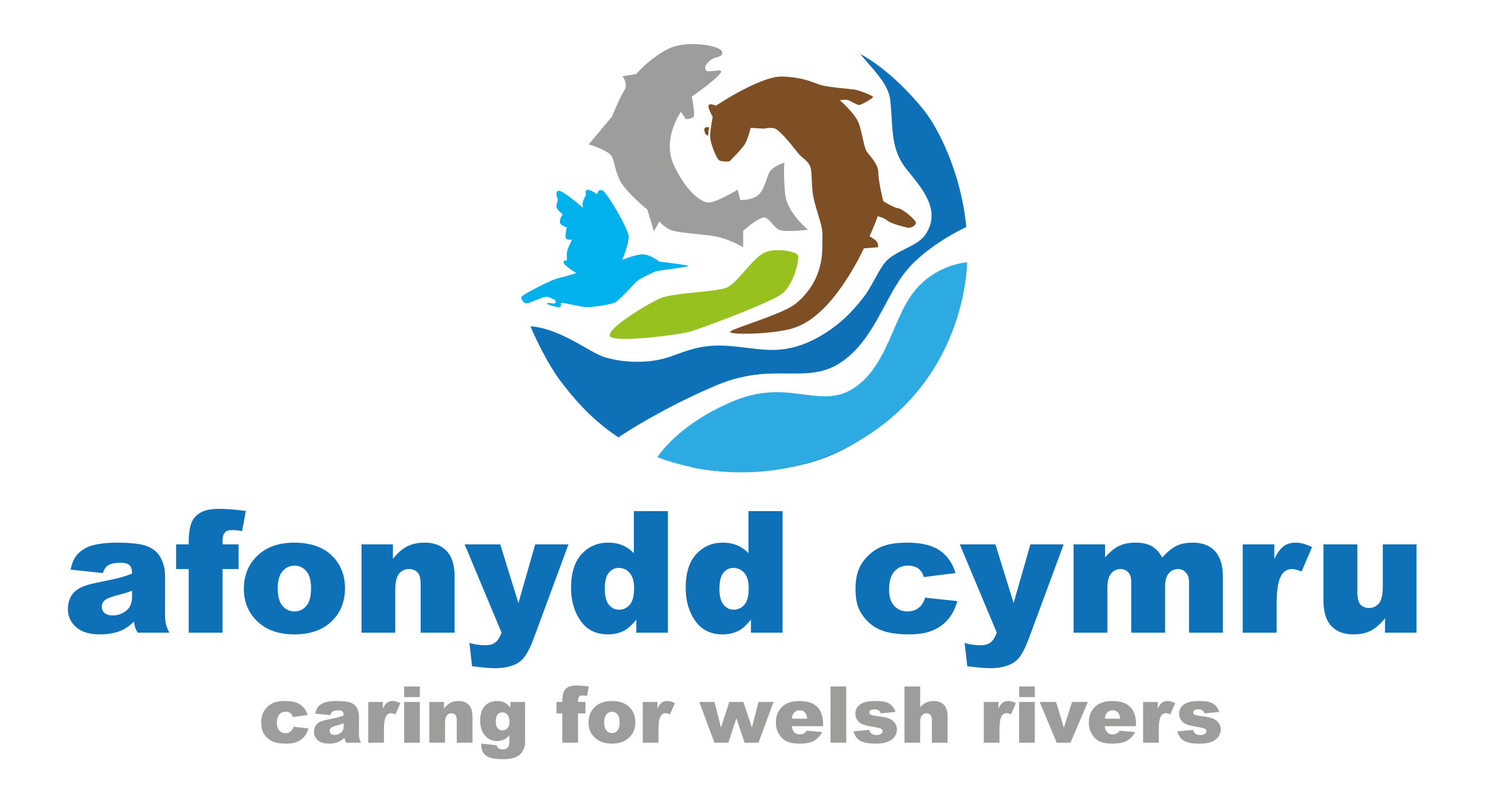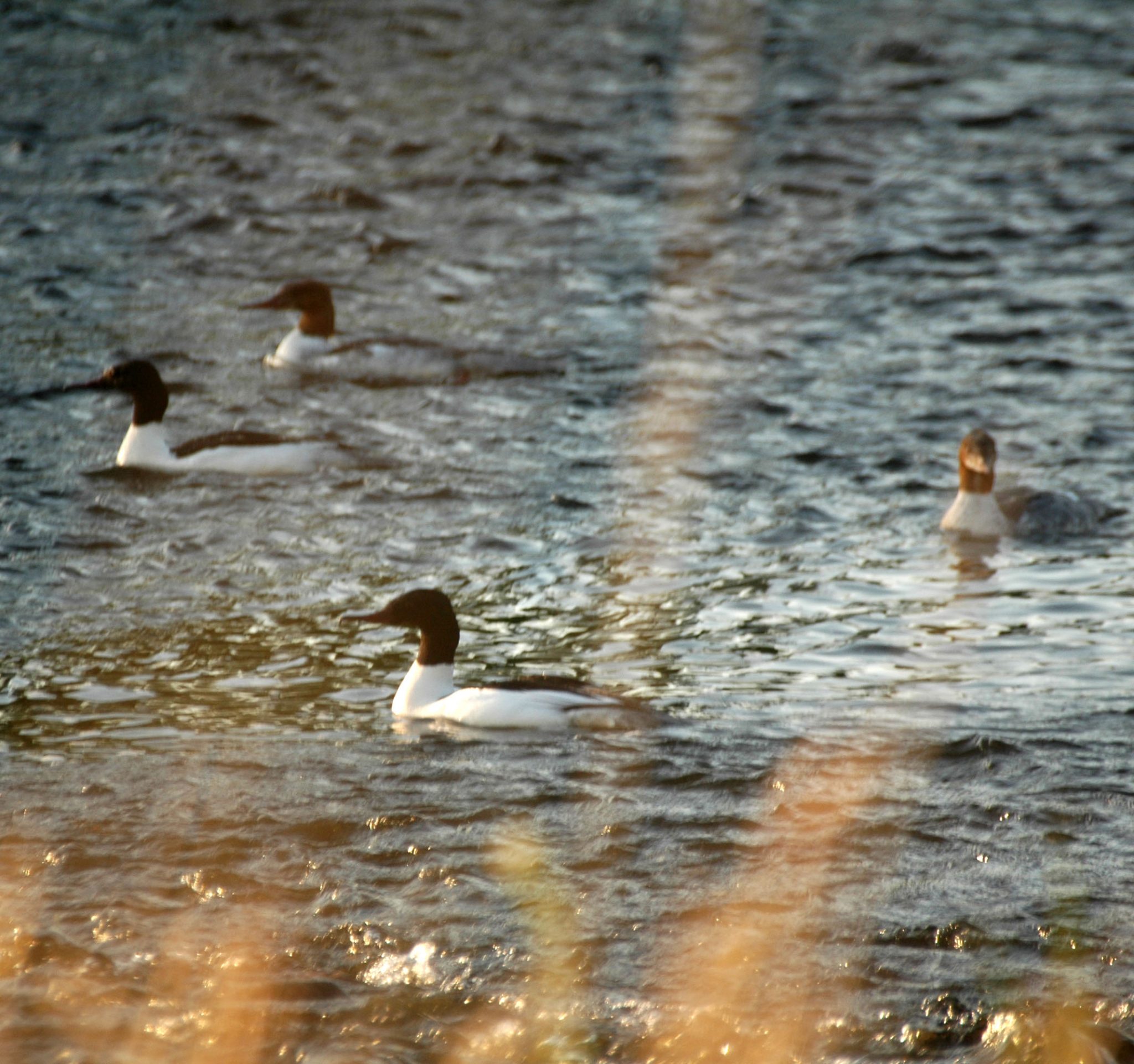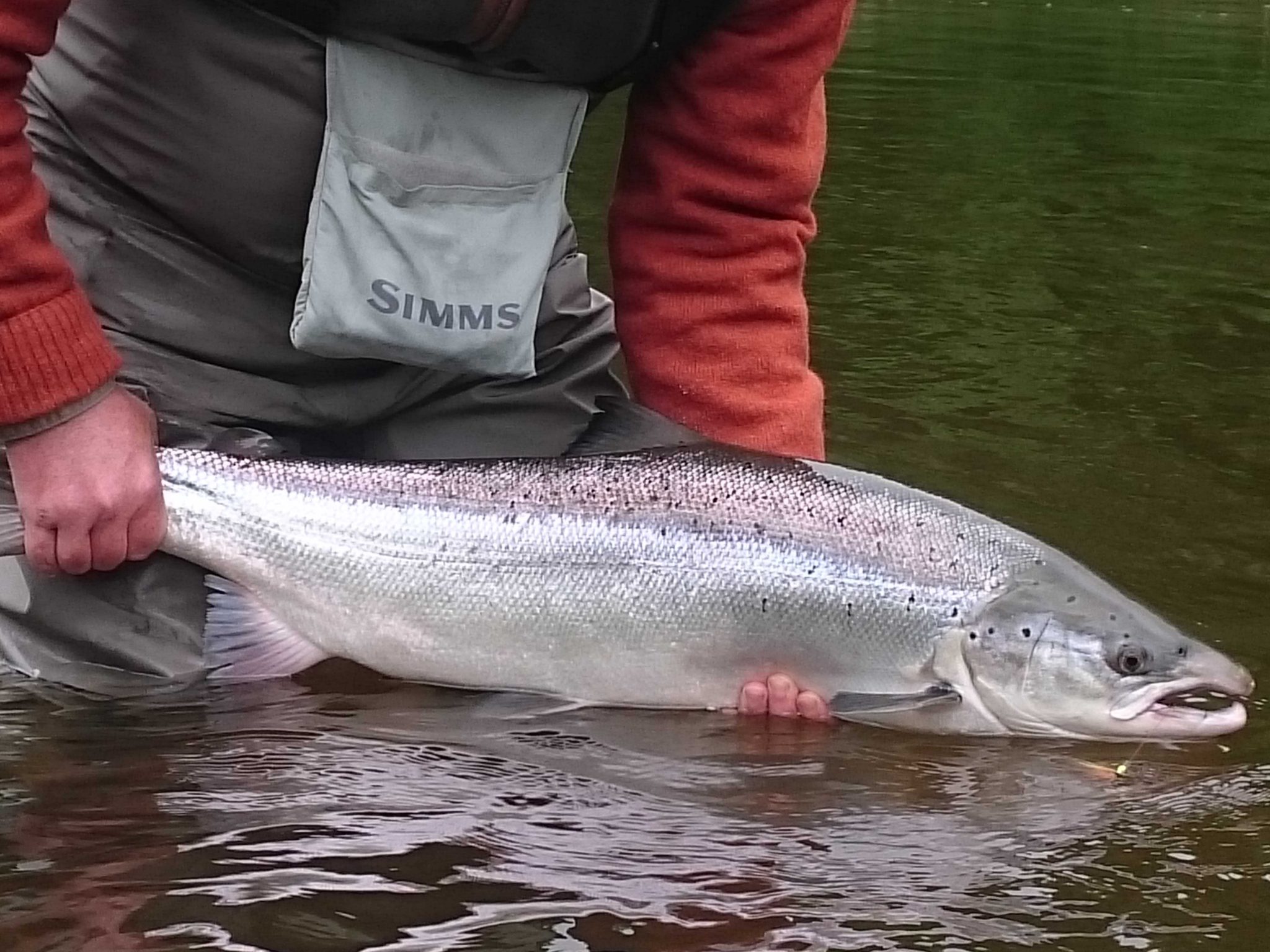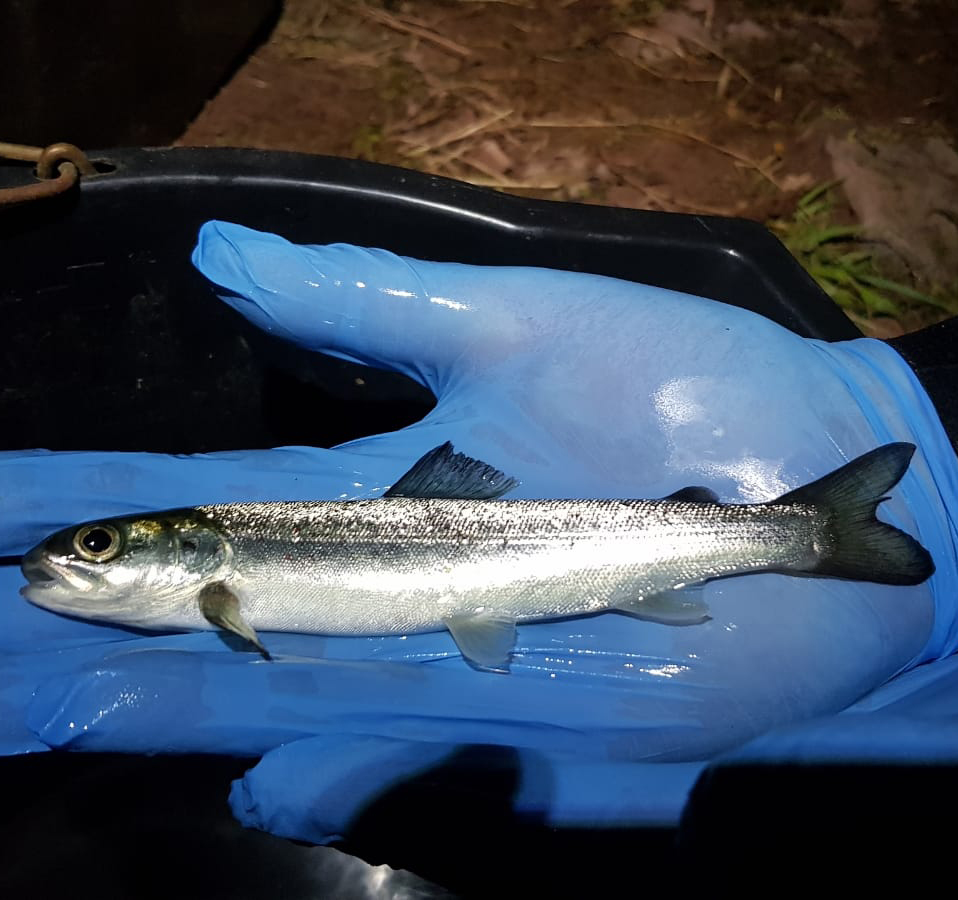The Fish-eating Birds Advisory Group, which includes Afonydd Cymru, was set up to look at the impacts of piscivorous birds on Welsh salmon and sea trout, and measures that could be taken to protect vulnerable fish stocks
Salmon and sea trout in Wales have declined significantly over the last 30 years, with NRW now classifying populations on every river as ‘at risk’ or ‘probably at risk’. This means that numbers of these iconic fish in Wales are now below sustainable levels and on a downward trend.
The recommendations include using range of measures to reduce the impacts of fish eating birds
Of particular concern is the impact of fish eating birds on migrating smolts in the Spring, especially during low flows. On their way out to sea, the young salmon and sea trout tend to gather in pools and behind weirs where they make easy targets for predatorsÂ
Thursday 14th July, 2022
A joint statement by Afonydd Cymru, The Angling Trust, WildFish Wales and the Game and Wildlife Conservation Trust Wales has been released today. Â
For the last two years Natural Resources Wales have co-ordinated the Fish-eating Birds Advisory Group. Participants have included Afonydd Cymru, The Angling Trust, WildFish Wales (formerly Salmon & Trout Conservation Wales), The Game and Wildlife Conservation Trust (GWCT) Wales, as well as the Royal Society for the Protection of Birds (RSPB), British Trust for Ornithology, Welsh Ornithological Society.
The group’s primary purpose was to review current scientific evidence and establish expert opinion regarding the risks that populations of fish-eating birds (specifically cormorants and goosanders) pose to conserving Wales’s threatened populations of wild Atlantic salmon (Salmo salar) and sea trout (Salmo trutta).
On the 13th of July 2022 the group put 19 recommendations to NRW’s Board for policy in relation to fish-eating birds in Wales, with the primary aim of aiding the recovery of depleted fish stocks.
We are pleased to report that the Board has accepted each recommendation in full.
NRW will now be urged to put resources in place to implement and deliver this new more effective fish-eating birds management policy to help salmon and sea trout populations to return to sustainable conservation levels.
We are pleased that NRW’s Board has accepted the nineteen recommendations made by the Fish-eating Bird Advisory Group
Why is this important?
Populations of salmon and sea trout in Wales have declined significantly over the last 30 years, with NRW now classifying populations on every river as ‘at risk’ or ‘probably at risk’. This means that populations of these iconic fish in Wales are now below sustainable levels and on a downward trend.
With the aim of restoring healthy and more sustainable populations of Welsh salmon and sea trout, NRW published their ‘Salmon and sea trout plan of action for Wales 2020‘. A key component of the 2020 plan was to review the current scientific evidence surrounding the impact of cormorants and goosanders on juvenile salmon and trout in particular. The review concluded that fish-eating birds are one of a number of pressures on salmon and sea trout populations and that they could reduce the chance of recovery.
Of particular concern was the impact of fish-eating birds during Spring, when the young salmon and trout migrate downstream and out to sea as “smolts.” In low flows especially they can be held up in pools and behind weirs making them easy prey for fish-eating birds.
The group’s recommendations include using a combination of both non-lethal and lethal measures Â
The recommendations…..
 The Group made nineteen recommendations to the NRW Board, which can be summarised as:
- Given the protracted decline in salmon and sea trout stocks there is a need for increased targeted actions to counter fish predation by fish-eating birds, particularly in catchments where fish stocks are vulnerable
- Predation by fish-eating birds on salmonid smolts is of primary concern and requires particular efforts to mitigate predation pressure when impacts are greatest
- A combination of non-lethal and lethal measures is likely to be most effective
- Catchment or area-based licences could provide a more strategic approach to licensing and facilitate adaptive resource management where interventions can be applied more flexibly
- Interactions between fish stocks and fish-eating birds are complex and large key evidence gaps persist
- Greater transparency on the licensing of fish-eating birds is needed.
While acceptance of the advisory group’s recommendations has been welcomes, Natural Resources Wales must, of course, do their utmost to resolve other pressures affecting Welsh salmon and sea trout, including water quality issues.Â
Chris Mills, Afonydd Cymru’s Chairman said: “We were pleased to be party to this review and welcome NRW’s decision to allow increased measures to minimise the predation of migratory salmonids by fish eating birds.”
He added: “It is important that all the biodiversity of our rivers is conserved. However, salmon and sea trout populations have crashed dramatically in recent years and previous research has shown that smolts are particularly vulnerable to predation by cormorants and goosanders. This dramatic decline in our stocks of salmon and sea trout requires urgent and priority action to protect these increasingly endangered fish. The rivers trust movement in Wales would welcome the opportunity to work with NRW and other stakeholders to determine the most effective ways to minimise this predation.”




